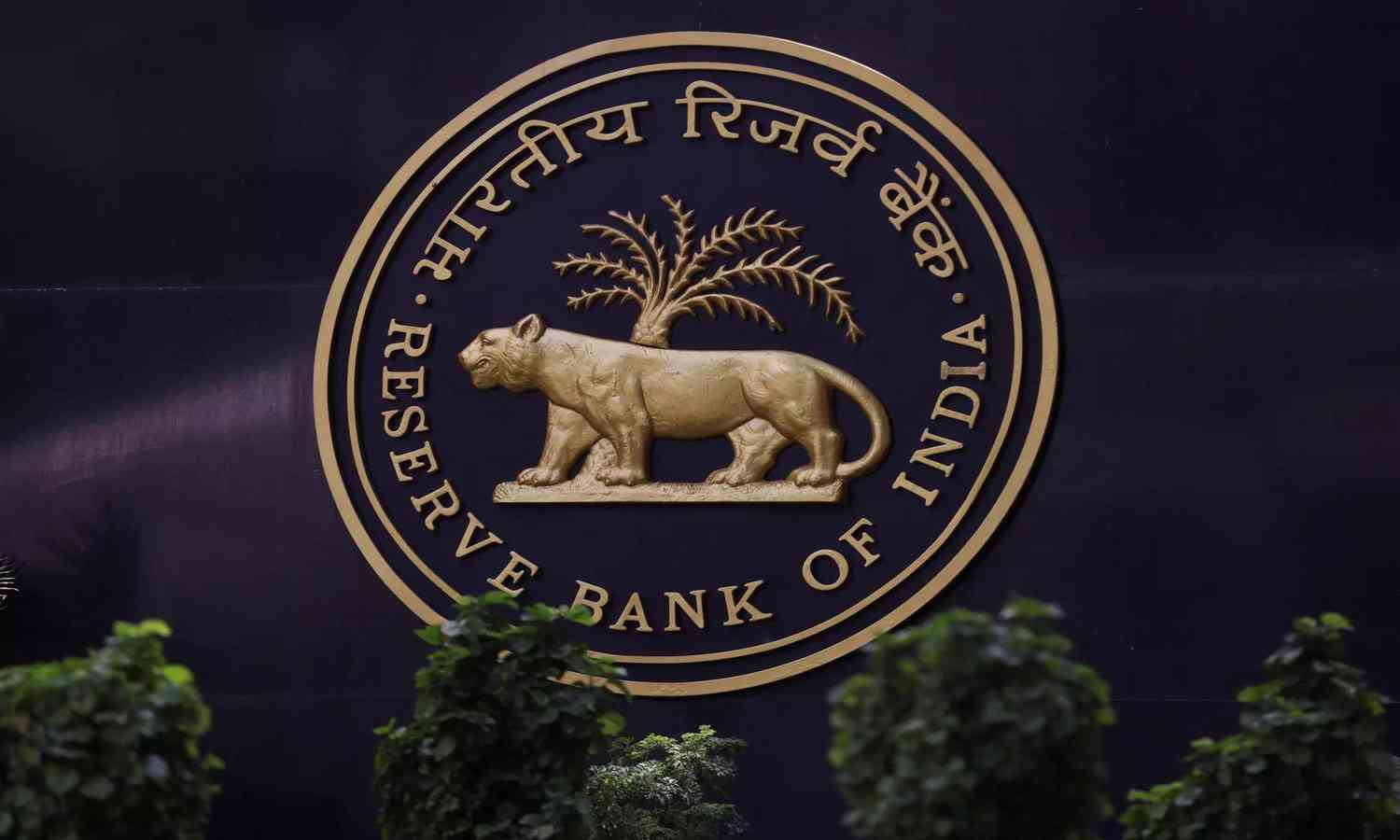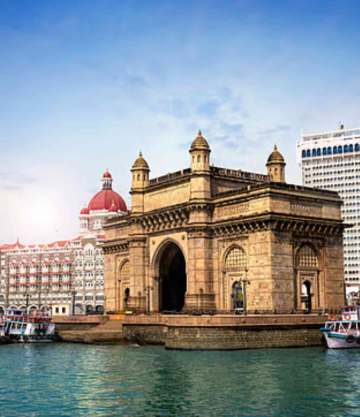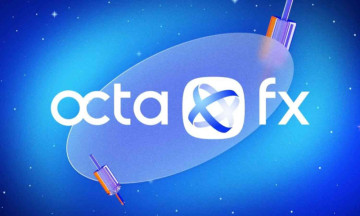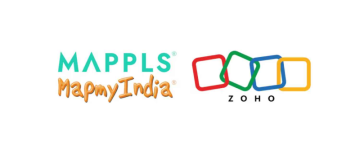The Reserve Bank of India (RBI) has raised the risk weights for unsecured retail loans in a move that could push up borrower interest rates, according to analysts.
The decision, taken at the central bank’s monetary policy committee meeting on Wednesday, comes as the RBI tries to curb rising consumer loan growth. The central bank has been concerned about the rapid expansion of consumer credit, which it sees as a potential risk to financial stability.
The hike in risk weights means that banks will have to set aside more capital to cover their losses on unsecured retail loans. This is likely to lead to higher interest rates for borrowers, as banks pass on the increased cost of capital to consumers.
Analysts expect the impact of the RBI's decision to be most pronounced on personal loans, credit cards, and auto loans. These are the types of loans that are most sensitive to changes in interest rates.
The RBI's decision is likely to have an impact on household spending, which is a key driver of economic growth. However, the central bank may be willing to accept a slowdown in growth in order to maintain financial stability.

What are the implications for borrowers?
Borrowers should expect to see higher interest rates on unsecured retail loans in the coming months. They should also be aware that the RBI's decision could make it more difficult to qualify for loans.
Borrowers should shop around for the best interest rates and compare terms and conditions carefully before taking out a loan. They should also make sure that they can afford the monthly repayments.
What are the implications for banks?
Banks will have to set aside more capital for unsecured retail loans, which will increase their costs. This could lead to lower profits for banks.
Banks may also become more selective in their lending practices. They may be less willing to lend to riskier borrowers, such as those with a poor credit history.
What are the implications for the economy?
The RBI's decision could lead to a slowdown in household spending, which could have a knock-on effect on the economy.
However, the central bank may be willing to accept a slowdown in growth in order to maintain financial stability.
Overall, the RBI's decision to raise risk weights for unsecured retail loans is a significant move that could have a major impact on borrowers, banks, and the economy.
Here are some additional points to consider:
- The RBI's decision is likely to be temporary. The central bank will likely reverse the decision if it sees a significant slowdown in consumer loan growth.
- The RBI's decision is not likely to have a major impact on secured retail loans, such as mortgages.
- The RBI's decision is likely to be welcomed by some, such as those who are concerned about the risks of excessive consumer credit growth. However, it is likely to be criticized by others, such as those who are worried about the impact on household spending.
Only time will tell what the long-term implications of the RBI's decision will be.
[image credits: free press journal]
© Copyright 2023. All Rights Reserved Powered by Vygr Media.

























